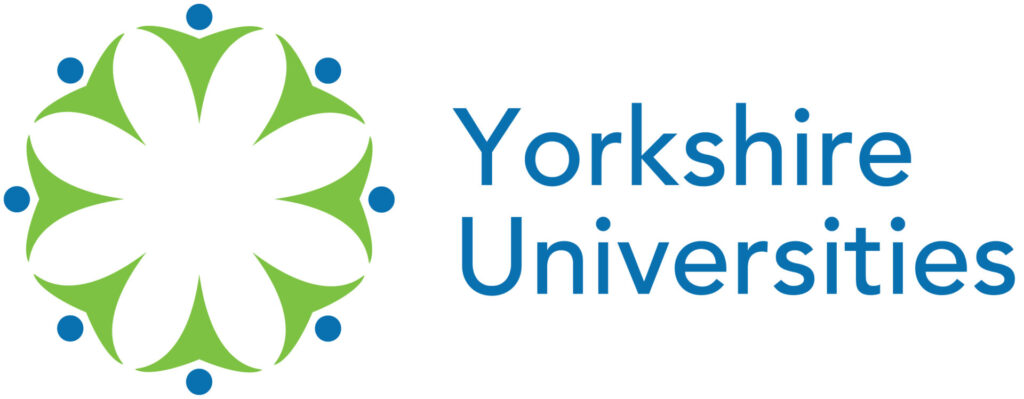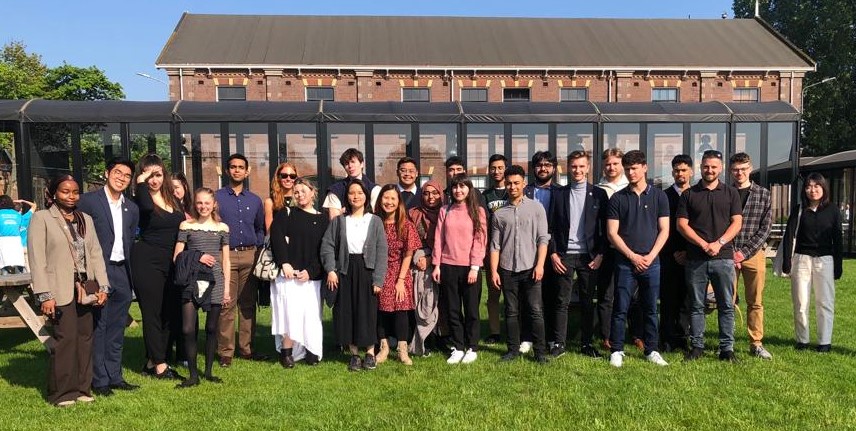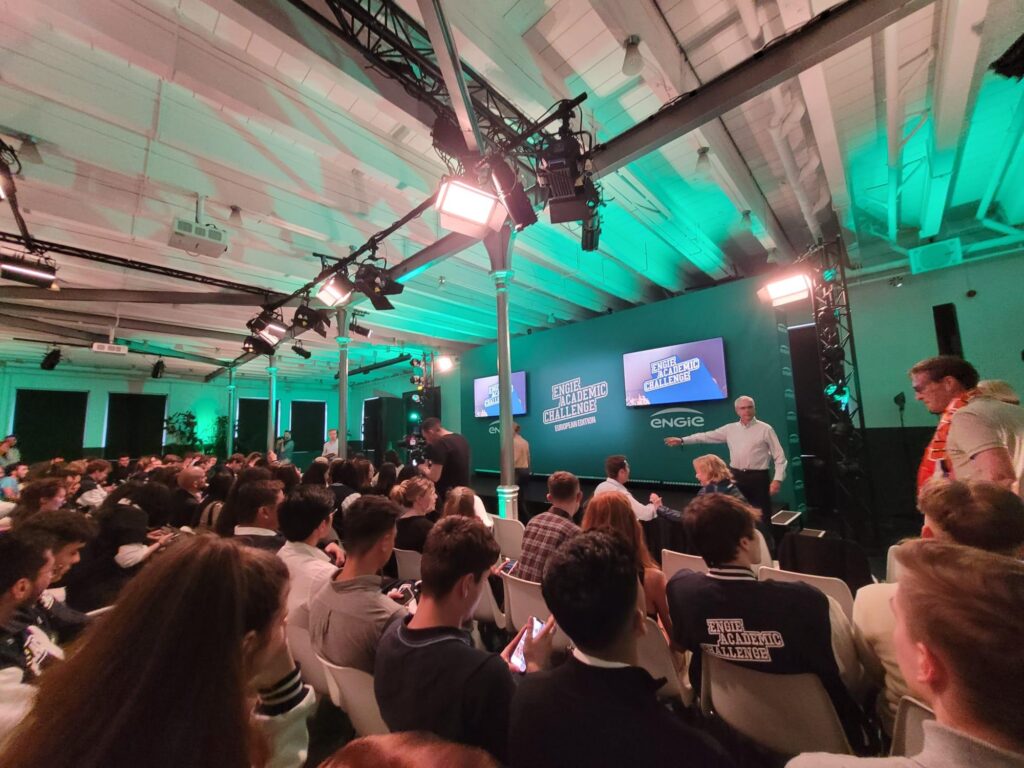

Context
In May 2023, twenty-five University of Leeds students were invited to the ENGIE (a leading global sustainable energy company) European Academic Challenge in the Netherlands as the only University to represent the UK. This two-day event offered an international experience with travel and accommodation covered. To ensure inclusivity, we aimed to recruit students who typically have limited access to such opportunities.
Universities UK conducted a study on “Widening Participation in UK Outward Mobility,” revealing that international experiences enhance post-graduation outcomes, including lower unemployment rates and increased likelihood of securing graduate-level positions.1 The study emphasised that underrepresented students benefit even more from international mobility. However, their participation rates tend to be lower, particularly for those facing multiple disadvantages. Notably, the study indicated that short-term mobility programs lasting 1-4 weeks are more appealing to students from widening participation backgrounds. This insight reinforced our focus on prioritising underrepresented students.
To maximise engagement, a key recommendation was to implement a marketing strategy employing diverse channels and activities. Building upon this understanding, we proceeded with a proactive action plan and a thoughtful approach to ensure meaningful student engagement and success.
Action & approach
Our approach focused on intra-institution cross-team collaboration, allowing us to leverage the collective expertise of different departments and tap into their knowledge of their students’ communication needs. As we wanted to deliberately target our underrepresented group of students and encourage them to take part in this opportunity, we implemented separate communication plans targeting specific student demographics by working with dedicated Widening Participation teams. For instance, we worked closely with the Plus Programme, which supports over 5,500 students from various underrepresented backgrounds, to develop a comprehensive communication strategy tailored to their unique student cohort.
Our communication approaches were varied but focused, taking into consideration students’ preferences and previous engagement patterns. We focused on existing, historically impactful communication channels, such as newsletters, targeted emails, and social media platforms like Instagram. Responding to the expertise of WP teams, such as the University of Leeds Disability Services, we designed posters to be displayed in their student appointment waiting areas. By highlighting the exclusivity of the opportunity and the fact that it was a short-term funded opportunity, we generated and sustained student interest.
Transparency and inclusivity were key, and we endeavoured to empower students to make informed decisions. Our messaging particularly encouraged students who had not previously accessed international experiences to apply. By addressing all pertinent details in the opportunity’s landing page, we anticipated questions before they came and left no room for ambiguity.
Impact
Despite communications taking place over the Easter holiday period, we met our target of total applications received. However, not only did we meet this target, but we also observed encouraging trends among the applicants. More than half of the applications came from students enrolled in the Plus Programme, indicating the success of our targeted outreach to underrepresented student cohorts.
Of the eligible applications, 84% had self-identified as being from underrepresented backgrounds. Of this, an overwhelming majority of 97% of applicants had never participated in an international experience. Analysing the applications through an intersectional lens, of the WP applicants, we found that 17% represented at least one WP category, 41% represented two WP categories, and 42% represented three or more WP categories. This data demonstrated that our outreach efforts successfully reached students with overlapping disadvantages, resulting in a diverse applicant pool that truly represented the underrepresented demographics we aimed to engage. It also underscored the significant opportunity we provided to students who may not have had access to similar opportunities in the past.

Conclusions & advice
In conclusion, the impact of this project has been remarkable. Following the recruitment process, 25 students were offered a place to attend the event. 88% came from WP backgrounds, with most self-identifying as facing overlapping disadvantages.
Our attendees expressed their appreciation for the unique opportunity to attend an international event, which broadened their perspectives and enriched their career planning journeys. The support provided by the staff at the University of Leeds throughout the entire process was commended as it contributed to a seamless, rewarding, and demystified experience. The opportunity to connect and network with professionals from ENGIE and peers for EU universities was highly valued by the students. The event offered invaluable insights into the sustainable energy industry and potential future career pathways.

Overall, the ENGIE European Academic Challenge has proven to be a transformative experience for the students involved. By prioritising inclusivity and providing a platform for underrepresented students to engage in international opportunities, we have witnessed the positive impact that such experiences can have on their professional development. We are planning to encourage the group to take part in range of other opportunities in the UK as well as overseas.
We remain committed to continuing our efforts to foster inclusivity and create meaningful opportunities for all students at the University of Leeds












